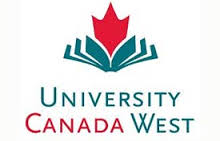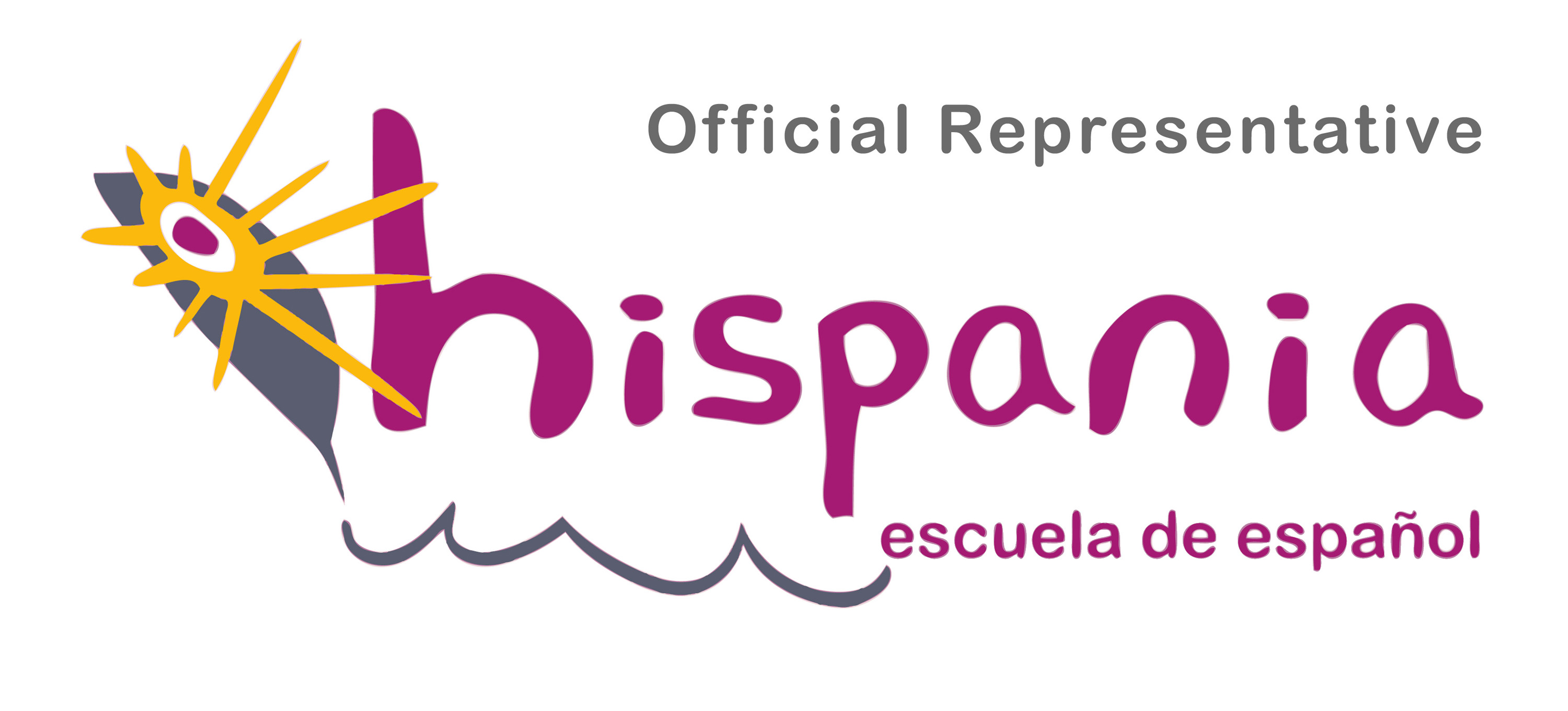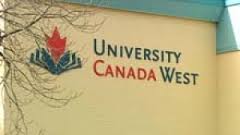Study in Canada
 EARNING WHILE STUDYING IN CANADA
EARNING WHILE STUDYING IN CANADAFull-time students registered in a degree or diploma-granting course are allowed to work on the campus of the institution at which they are registered without the need for an employment authorization. This includes on-campus employment for graduate, teaching or research assistants. Spouses of full-time students are eligible for open or open/restricted employment authorizations, depending on medical requirements having been met. Students whose intended employment forms an integral part of their course of study such as undergraduate co-op programs, some programs offered by career colleges or language schools and some high school programs.
EARNING WHILE STUDYING IN CANADA
Full-time students registered in a degree or diploma-granting course are allowed to work on the campus of the institution at which they are registered without the need for an employment authorization. This includes on-campus employment for graduate, teaching or research assistants. Spouses of full-time students are eligible for open or open/restricted employment authorizations, depending on medical requirements having been met. Students whose intended employment forms an integral part of their course of study such as undergraduate co-op programs, some programs offered by career colleges or language schools and some high school programs.
ADMISSION IN CANADA
Instructions about the method to get admission in Canadian Universities
Though admission process and requirements vary from institution to institution in Canada, here we'll discuss about the most general procedures and requirements to get admission in Canadian universities.
When you select a university or college where you wish to study your required course, write to the institution's respective admission department asking for more information on admission requirements and admission application forms. After you enquire, the admission department will send you the documents required by the university and other requirements for admitting you into their university. These documents may be your academic, character, and financial evidences that show you are the deserving candidate for admission in the respective university. Every university has right to mark their own requirements to admit students into their institution.
The major languages used in Canada are English and French. Bust most of the universities offer courses in English language. So you need to show your efficiency by means of English Language tests. IELTS is most widely recognized and accepted English language test in Canada, however, some universities even accepts TOEFL. The score that you must obtain in these language tests vary from institution to institution and course of study students choose. Some universities even seek for other medium of English language test assessment, which might even be Canadian Academic English Language (CAEL) assessment. All these assessments test the ability of students to take the course in English language.
For admission in undergraduate level, student must have completed twelve years of academic education, but for postgraduate level it is sixteen years. If you've done three years of bachelor's course then you'll have to do diploma for one year in Canada to be eligible to study in Canada as postgraduate student.
For management students, students may be asked for two years of work experience before being admitted to the university. In most of the cases GMAT is compulsory for MBA students.
Though education isn't free in Canada, tuition fees are cheaper in compare to other similar nations like UK, USA, and Australia.
ADMISSION IN CANADA
Instructions about the method to get admission in Canadian Universities
Though admission process and requirements vary from institution to institution in Canada, here we'll discuss about the most general procedures and requirements to get admission in Canadian universities.
When you select a university or college where you wish to study your required course, write to the institution's respective admission department asking for more information on admission requirements and admission application forms. After you enquire, the admission department will send you the documents required by the university and other requirements for admitting you into their university. These documents may be your academic, character, and financial evidences that show you are the deserving candidate for admission in the respective university. Every university has right to mark their own requirements to admit students into their institution.
The major languages used in Canada are English and French. Bust most of the universities offer courses in English language. So you need to show your efficiency by means of English Language tests. IELTS is most widely recognized and accepted English language test in Canada, however, some universities even accepts TOEFL. The score that you must obtain in these language tests vary from institution to institution and course of study students choose. Some universities even seek for other medium of English language test assessment, which might even be Canadian Academic English Language (CAEL) assessment. All these assessments test the ability of students to take the course in English language.
For admission in undergraduate level, student must have completed twelve years of academic education, but for postgraduate level it is sixteen years. If you've done three years of bachelor's course then you'll have to do diploma for one year in Canada to be eligible to study in Canada as postgraduate student.
For management students, students may be asked for two years of work experience before being admitted to the university. In most of the cases GMAT is compulsory for MBA students.
Though education isn't free in Canada, tuition fees are cheaper in compare to other similar nations like UK, USA, and Australia.has found Canada to be the best place in the world to live. This assessment was based upon Canada's achievements in terms of educational attainment, life expectancy, national income and general quality of life. Conducted every year, the survey evaluates quality of life in 174 countries, using over 200 performance indicators. Canada earned particularly high marks for its access to education, high life expectancy (due to universal health care system); and low crime and violence rates. Canada's prime cities Vancouver, Toronto and Montreal have been recognized as world class cities to live and work, for cleanliness, safety, cultural activities and attractive lifestyles.
Canada's education system is excellent and ranks among the best in the world. Moreover Canadian tuition fees are among the lowest in English-speaking countries.

 Dear Aspirant,
Dear Aspirant,









